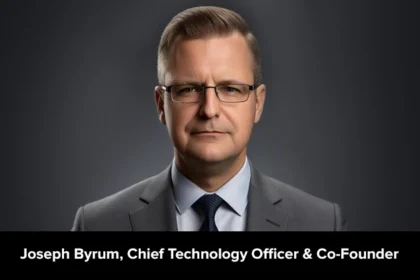Establishing an iGaming website requires technological excellence and legal adherence above all else. Acquiring a gaming license is an essential requirement for your business because it regulates legal operations while building credibility, which attracts security-focused players. The following guide provides detailed information about gaming license acquisition and identifies essential prerequisites.
Why a Gaming License Matters
In the strictly regulated iGaming domain, a legitimate gaming license creates trust and establishes business legitimacy. Without obtaining this key license, your business platform will encounter difficulties in payment processing, collaborating with game suppliers, and legal advertising. The licensing process implements all necessary measures to enforce fair game management and strict compliance standards for anti-money laundering procedures and responsible gambling practices while maintaining financial openness for lasting business performance.
Choosing the Right Jurisdiction
Each legal gaming territory provides licensing programs that impose different levels of needed requirements, liabilities, and associated costs. Your decision should rely on your market segment’s characteristics and your financial capacity for licensing requirements. The most popular jurisdictions where companies obtain iGaming licenses include:
- Malta – Known for its strict regulatory framework and credibility within the European market.
- The gaming license provided by Curacao operates at accessible prices, and its application requirements remain straightforward.
- Gibraltar – Popular for sportsbooks and major gaming operators with strict regulatory oversight.
- Isle of Man – Provides a reputable and business-friendly licensing environment.
- Kahnawake (Canada) – A well-respected jurisdiction for North American operators.
Steps to Acquire a Gaming License
-
Business Formation and Structure
A mandatory requirement to obtain your license is to create a legal business entity within the territorial boundaries of your licensing authority. Business operators need to register their company, create local bank accounts, and nominate essential executives for the license process.
-
Meeting Compliance and Regulatory Requirements
The business must submit extensive documentation to the regulatory authorities, who confirm its validity. Common requirements include:
- Proof of company registration
- The licensing authorities will conduct background investigations into the ownership and key personnel of the company.
- Anti-money laundering (AML) structures and gambling protective policies form part of nationwide regulations for gambling sites.
- cure and fair gaming software
-
Technical and Security Compliance
The gaming industry needs technical audits from gaming authorities to sustain fair play conditions and protect data security. Your platform must integrate:
- Certified random number generators (RNGs)
- Secure payment gateways
- Responsible gambling features
-
Application Submission and Fees
The licensing fees charged by each jurisdiction span between three thousand dollars and two hundred thousand dollars. The operations of an iGaming platform also require annual renewals with associated costs and periodic compliance documentation inspections.
-
Approval and Operational Launch
The license permits your iGaming site to enter service under the approved jurisdiction. Compliance is a continuing responsibility because operators need to submit reports and follow new and ongoing regulations.
Maintaining Compliance
Achieving a license necessitates enduring compliance at all times. Your gaming license can face monetary penalties, a brief shutdown, or permanent withdrawal because of insufficient regulatory compliance. Pure benchmarks, honest financial records, and dedicated implementation of responsible gaming standards ensure friendly relations with licensing departments.
Gaming licenses represent an absolute necessity for starting up a legitimate iGaming platform that can achieve success. Long-term success in the iGaming business demands choosing the correct jurisdiction and implementing continuous compliance measures while completing regulatory demands. Gaming licenses demand time and money but establish trust with online players, payment providers, and game suppliers so your iGaming business can develop enduringly.










